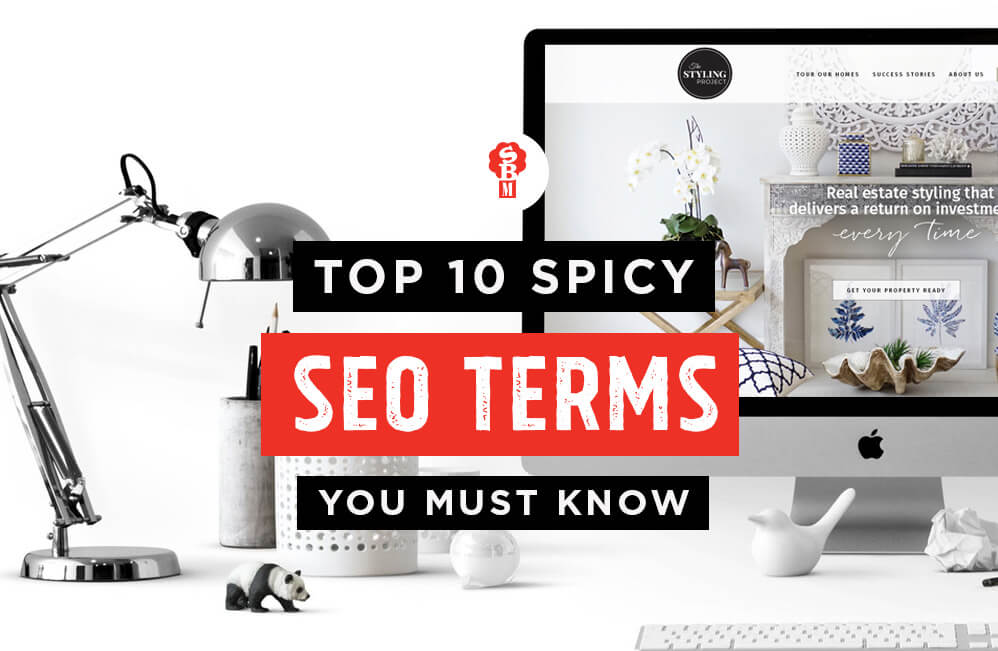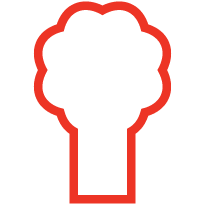10 spicy SEO terms you must know

With billions of websites on the Internet, how can you make your business spicy enough to stand out from the crowd? Search engine optimisation (SEO) is more important than ever because whether you have a website, blog or online store, SEO can help your business grow and meet business objectives. SEO is a set of rules that can be followed by website owners to optimise their websites for search engines and thus improve their search engine rankings.
To many marketers and executives, SEO terms sound like a foreign language when website designers/developers begin meeting with them. However if you’re just starting out a new online business, we’re here to cover the mild SEO terminology that you need to know!
1. Keyword
A word or phrase you type into search engines. You want to use advantageous and specific keywords to your website content because it will make your site to be easily discovered by people via search engines!
2. Keyword Density
Density basically refers to a solidity of an object, therefore keyword density is the percentage of how often a keyword is used on a webpage in comparison with the total number of words on the page. Keyword density is only a tiny part of Google’s massive algorithm, and nobody knows for sure what the perfect % is. However, a spicy tip from leading specialists is to ensure keywords are there and content is strong.
3. Keyword Competitive Index or KCI
A short term for an incredibly long ‘Keyword Competitive Index” or ‘Keyword Effectiveness Index’ (KEI) . This measures the average monthly searches for a keyword compared to the demand for the keyword. It is one of the quickest ways to find keywords that show potential and what words would likely help your site attract more traffic. Essentially, the ideal number is having a high search volume and low competition factor. Tools like Word Tracker help businesses find their keywords using KEI metrics.
4. Pagerank
It is an algorithm used by Google Search to rank websites in their search engine results. It is a way of measuring the importance of website pages. Did you know that the majority of search engine users are more likely to click on one of the top 5 suggestions in the results pages (SERPS)?
5. Meta Description
Simply the description you read that shows up onto the search engine results page.
6. 301 Redirect
A permanent redirect from one URL to another, usually from an old website to your new website during a brand revamp!
7. Cookies
This term about with the imagery of cookies leaving a trail behind. It is basically a small text file that includes an anonymous unique identifier and visit information that is stored on the visitor’s computer hard drive by the user’s web browser. This data can provide information about who visits the website, how often, and what part of the sites they visit the most and their preferences!
8. Alt Text
It’s a description added to a graphic and helps with discoverability in image search results.
9. Bot
It is a software application that runs automated tasks over the Internet. The largest use of bots is in web spidering (otherwise known as a crawler), in which an automated script fetches, analyses and files information from web serves at the speed of a human. Did you know that more than half of all web traffic is made up of bots ?
10. Link Building
The activity and process of getting external sites to link to your webpage. This increases trust, therefore improving your search engine ranking or otherwise a new term you have just learnt: PageRanking!
Want to get more traffic to your web page?
Say hello today!
We look forward to speaking to you soon.
Until next time,
The Broccoli Army
